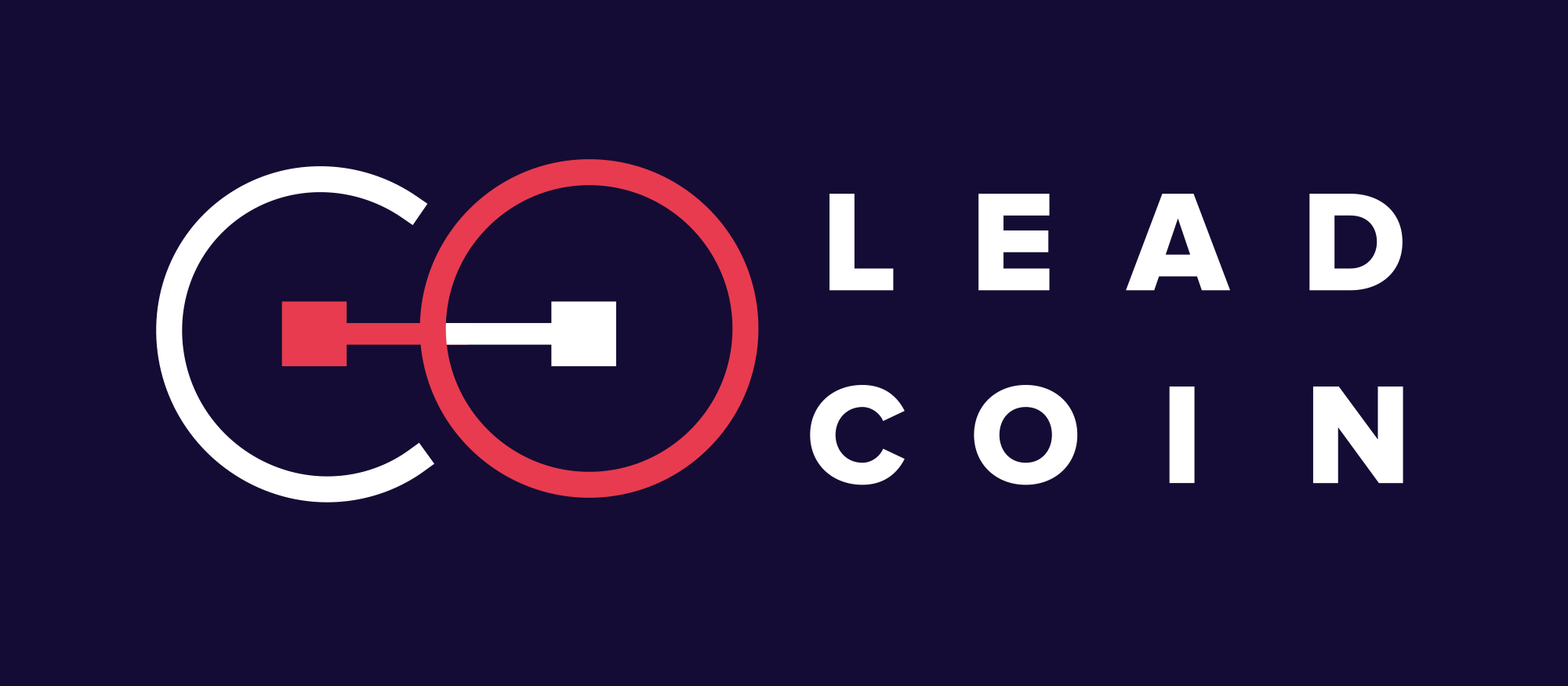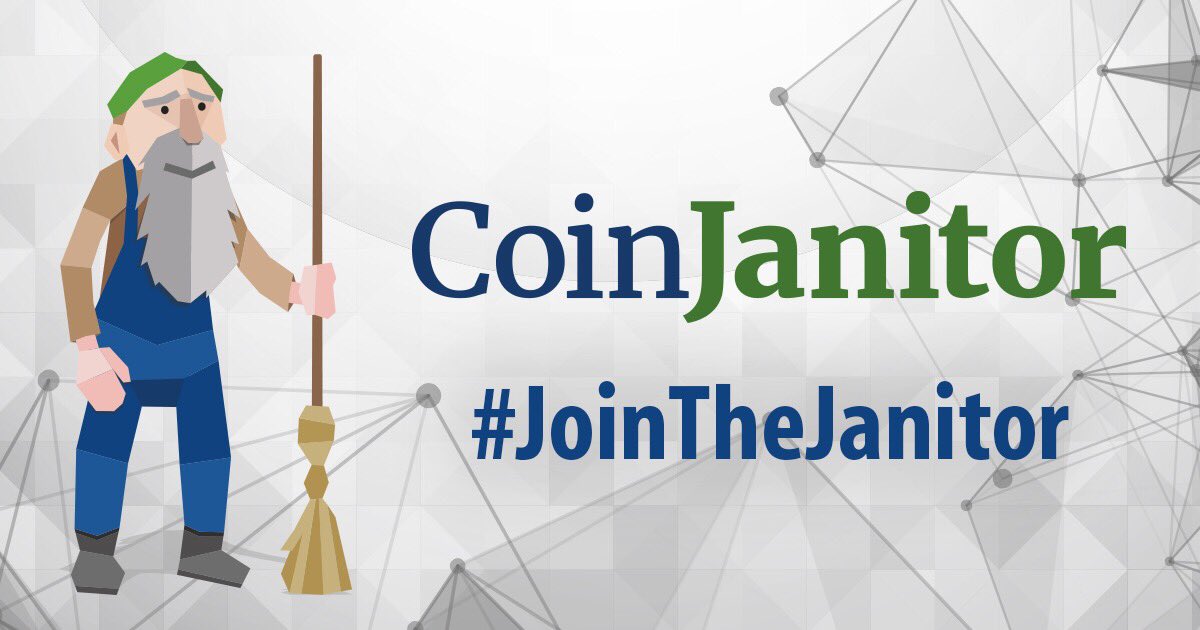On March 28, 2018, Blockchain & Bitcoin Conference Israel was held in the sunny Mediterranean city of Tel Aviv. Israel is the perfect place for such a conference to occur, as it’s a hotbed of technological innovation, especially in the blockchain world.
Israel is known as the “startup nation,” because it has more startups per capita than anywhere else in the world. These Israel-based startups (many of them blockchain-related) managed to raise over $5 billion in 2017 alone. Despite being smaller than the state of New Jersey and with fewer people, Israel has 94 companies listed on Nasdaq—more than any other country, barring the United States and China. Israel is also home to many successful blockchain companies, including Bancor, Sirin Labs, and Jelurida (the company behind NXT and Ardor).
The Blockchain & Bitcoin Conference Israel hosted a plethora of inventive companies from all over the globe. Since talking about all of them would result in a novel, let’s highlight our 3 favorite companies that attended (in no particular order).
1. LeadCoin

LeadCoin, based in Tel Aviv, aims to disrupt web marketing by launching a decentralized lead sharing economy.
Did you know that every single year, businesses spend more than $200 billion in order to attract traffic to their websites? And out of all that traffic they spend so much money on attracting, less than 3% end up as paying customers.
But what about the other 97% of leads? This is where LeadCoin comes in.
LeadCoin empowers businesses to sell their unused leads and buy hot leads from other businesses. Sellers automatically share their unused leads in the LeadCoin network in real-time. LeadCoin’s matching algorithm then analyzes and matches leads to buyers. Leads that didn’t match one business are now the perfect match for another, helping businesses find new customers instantly.
All business on LeadCoin’s platform is conducted using Ethereum smart contracts and their native utility token, LDC. No one can manipulate the data or give privilege to any transaction, so buyers and sellers can share leads with confidence.
Supporters include Sirin Labs and Stox, among others.
Yam Regev, CEO of Zest.is, is also supporting LeadCoin’s vision. He explained:
Collaborating with other marketers and sharing leads is 10 times more efficient than giving away my budget to Google and Facebook.
LeadCoin’s founder, Shmulik Grizim, is optimistic about the company’s future, saying:
Web marketing is an enormous, constantly expanding industry. Fueled by this growth, LeadCoin is launching a new economy with exponential growth potential.
To learn more about LeadCoin, check out their website, join their Telegram, and follow them on Twitter.
2. Bubbletone

Imagine you are traveling abroad. You need to have a working mobile connection to make calls and use the internet. Your options currently are to get an expensive international plan with your current mobile provider, or find a new SIM card once you get to your destination, which is highly inconvenient, especially if you’re traveling to multiple countries.
Bubbletone is working to solve this problem. How? They directly connect mobile network operators and end-users globally — using blockchain, of course! This allows travelers to effortlessly become local customers of any foreign operator in the world, all while keeping their phone number and SIM card. Using Bubbletone, travelers can get great local rates and instantly start making calls and using data.

This benefits operators and service providers as well. Any mobile operator can become global without complex network integrations, which allows them to directly access the international telecom market. These new potential customers can lead to an increase in their revenue.
In a globalized world where travel is increasingly commonplace, it’s about time someone did something to fix this frustrating problem!
You can learn more about Bubbletone’s plans and details by going to their website, joining their Telegram, and following them on Twitter.
3. CoinJanitor

Did you know there’s over 4,500 cryptocurrencies currently in existence, with more being created every day? But out of those 4,500 tokens and coins, the top 100 account for about 98% of the total market cap. That leaves 4,400 cryptocurrencies holding about 2% of the total market cap. What happens to all of these failed coins? Someone needs to clean this mess up.
Meet CoinJanitor. CoinJanitor’s role is to take care of failed or dead coins, cleaning them up in a manner that restores their value into wider cryptocurrency markets.
CoinJanitor works by seeking out failed coins, contacting the creators and community members, and then buying out all of their coins with the CoinJanitor token called JAN. CoinJanitor then burns all of the coins and will manually decommission the blockchain it was built upon.
This is really a win-win for everyone involved in the crypto world. Users of failed coins benefit by having the opportunity to get value back from coins that cannot be sold. The overall market benefits from the reduction of dilution through the decommissioning of blockchains that trap value.
CoinJanitor essentially unlocks value trapped in failed coins and conglomerates them all into a single new one, JAN. JAN holders can then sell this coin on exchanges and buy top ranked cryptocurrencies, thus increasing the value of successful coins. The result is a cleaner, more efficient cryptocurrency market with a better flow of value.
CoinJanitor already has some impressive partners, including SelfKey, KYC-Chain, and Cubits.
For more information on how CoinJanitor plans on cleaning up the crypto world, check out their website, join their Telegram, and follow them on Twitter.

